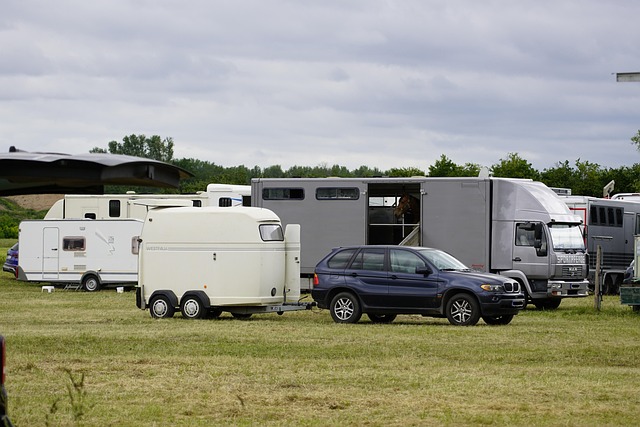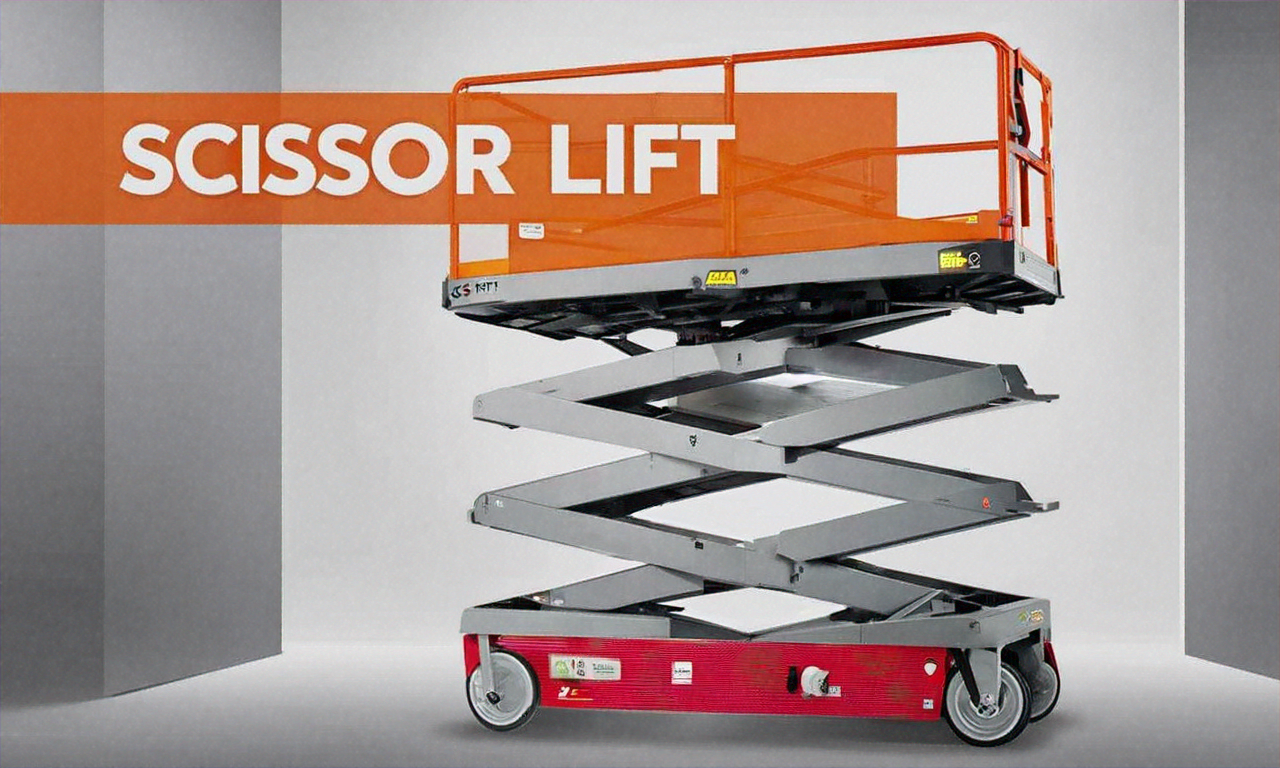Explore helpful tips on small trailers for daily use
Small trailers have become essential tools for countless Americans managing daily tasks, from hauling equipment to transporting recreational gear. Whether you're a weekend warrior, small business owner, or someone who values practical transportation solutions, understanding how to select and use a compact trailer can transform your daily routine. These versatile additions offer convenience without requiring the commitment of a full-sized truck or van, making them ideal for urban and suburban lifestyles alike.

Discover Versatile Small Trailer Options
The market for compact trailers has expanded significantly, offering solutions for nearly every conceivable need. Utility trailers typically range from 4x6 feet to 6x12 feet, providing ample space for landscaping materials, furniture, or construction supplies. Enclosed cargo trailers protect sensitive items from weather and theft, while open flatbed designs maximize visibility and ease of loading. Specialty options include motorcycle trailers, boat trailers, and even tiny camper conversions for weekend getaways. Single-axle trailers work well for lighter loads under 2,000 pounds, whereas tandem-axle models handle heavier cargo with improved stability. When selecting your trailer type, consider your most frequent hauling needs, storage space at home, and whether you’ll be navigating tight urban streets or open highways.
Understand Key Features for Daily Use
Several critical features determine how well a small trailer performs in everyday scenarios. Gross Vehicle Weight Rating (GVWR) indicates the maximum safe load capacity, including the trailer’s own weight. Most compact trailers range from 1,500 to 3,500 pounds GVWR, suitable for typical household and light commercial tasks. Tongue weight, typically 10-15% of total trailer weight, affects how your vehicle handles during towing. Quality trailers feature galvanized or powder-coated steel frames that resist rust and corrosion, extending service life considerably. Lighting systems must comply with Department of Transportation standards, including brake lights, turn signals, and reflectors for nighttime visibility. Coupling mechanisms vary from basic ball hitches to more secure pintle hooks, with Class I and Class II hitches being most common for small trailers. Fenders protect against road debris, while integrated tie-down points secure cargo during transport. Consider trailers with removable sides for versatility, and always verify that safety chains and breakaway brake systems are included.
Get Practical Tips for Efficient Transport
Successful trailer operation begins long before you hit the road. Always match your vehicle’s towing capacity to the loaded trailer weight, consulting your owner’s manual for specific limits. Distribute cargo weight evenly, placing heavier items low and centered to maintain balance and prevent sway. Secure all loads with ratchet straps or bungee cords rated for the weight you’re carrying, checking tension periodically during longer trips. Before each journey, inspect tire pressure on both your vehicle and trailer, as underinflated tires cause excessive wear and reduce fuel efficiency. Practice maneuvering in an empty parking lot before attempting busy streets, focusing on wider turns and increased following distances. Remember that braking distances increase significantly when towing, so allow extra space between vehicles. When backing up, place your hand at the bottom of the steering wheel and move it in the direction you want the trailer to go. For highway driving, maintain speeds 5-10 mph below posted limits to improve control and reduce wind resistance. Regular maintenance includes bearing lubrication every 12 months or 12,000 miles, whichever comes first, plus checking electrical connections and brake functionality.
Explore Designs That Fit Your Lifestyle
Modern trailer designs accommodate diverse lifestyles and usage patterns. Urban dwellers often prefer compact fold-down trailers that store vertically in garages or against walls, maximizing limited space. These models typically feature 4x4 or 4x6 feet beds that expand when needed. Outdoor enthusiasts gravitate toward multi-purpose designs with integrated gear racks, toolboxes, and even rooftop tent mounting systems for camping adventures. Small business owners frequently choose enclosed trailers with custom shelving, allowing them to create mobile workshops or retail spaces. Families with active children appreciate trailers that convert between hauling sports equipment, bicycles, and weekend project materials. Some innovative designs incorporate removable sides that transform utility trailers into flatbeds within minutes. Color options and customization packages let owners match trailers to their vehicles or personal preferences. Consider future needs when selecting features, as versatile designs provide better long-term value than single-purpose models.
Make Informed Choices for Your Needs
Purchasing a small trailer requires careful consideration of both immediate requirements and long-term value. New trailers from established manufacturers typically include warranties covering frame defects and component failures, providing peace of mind for first-time buyers. Used trailers offer significant savings but demand thorough inspection of frame integrity, axle condition, and electrical systems. Check for rust, especially around welds and mounting points, as structural damage compromises safety. Verify that the Vehicle Identification Number (VIN) matches registration documents and hasn’t been reported stolen. Local regulations vary regarding trailer registration, insurance requirements, and annual inspections, so research your state’s specific rules before finalizing any purchase. Some municipalities restrict street parking for trailers, necessitating dedicated storage solutions. Budget for accessories including wheel chocks, spare tires, trailer locks, and weatherproof covers. Quality trailers from reputable manufacturers retain resale value better than budget alternatives, making them worthwhile investments for regular users.
| Trailer Type | Typical Size Range | Common Features | Price Range |
|---|---|---|---|
| Open Utility Trailer | 4x6 to 6x12 feet | Mesh sides, ramp gate, tie-down points | $800 - $2,500 |
| Enclosed Cargo Trailer | 5x8 to 6x12 feet | Lockable doors, interior lighting, shelving options | $2,000 - $5,000 |
| Motorcycle Trailer | 5x7 to 6x10 feet | Wheel chocks, integrated ramps, low deck height | $1,200 - $3,000 |
| Dump Trailer | 5x8 to 6x10 feet | Hydraulic lift, high sides, reinforced floor | $2,500 - $4,500 |
| Folding Utility Trailer | 4x4 to 5x7 feet | Collapsible design, space-saving storage | $600 - $1,800 |
Prices, rates, or cost estimates mentioned in this article are based on the latest available information but may change over time. Independent research is advised before making financial decisions.
Maximizing Safety and Longevity
Proper maintenance extends trailer lifespan while ensuring safe operation. Inspect wheel bearings annually, repacking with marine-grade grease to prevent premature failure. Clean the trailer thoroughly after each use, especially following exposure to salt, mud, or corrosive materials. Store trailers under cover when possible, or use fitted tarps to protect against UV damage and moisture accumulation. Check and tighten lug nuts after the first 50 miles of use with a new or newly serviced trailer, then verify torque specifications every 3,000 miles thereafter. Replace worn tires before tread depth reaches 2/32 inch, even if sidewalls appear intact. Electrical connections benefit from dielectric grease application, preventing corrosion that causes lighting failures. Wooden decking requires periodic sealing or replacement as weathering occurs, while metal floors should be inspected for rust perforation. Keep registration and insurance documents in your vehicle, as law enforcement may request proof during routine stops. By investing modest time in preventive care, your small trailer will provide reliable service for many years.
Small trailers represent practical investments for anyone seeking flexible transportation solutions without the expense and complexity of larger vehicles. By understanding available options, prioritizing essential features, and committing to proper maintenance, you can select a trailer that seamlessly integrates into your daily routine while providing years of dependable service.




